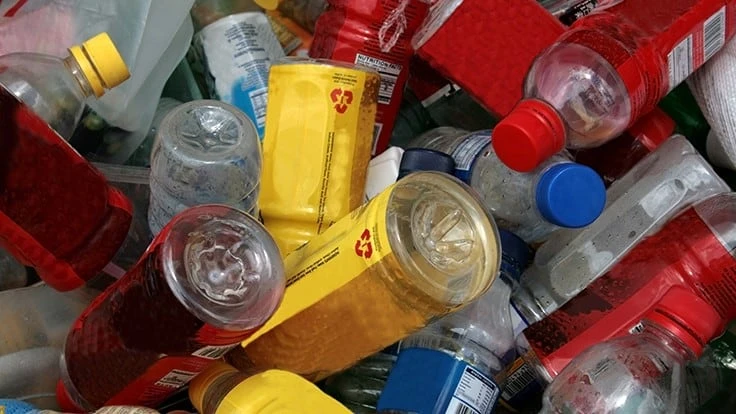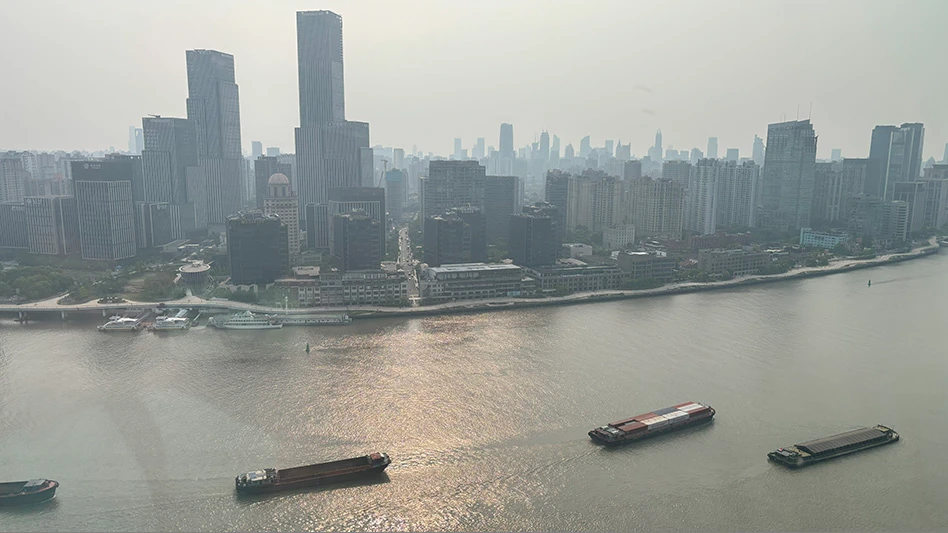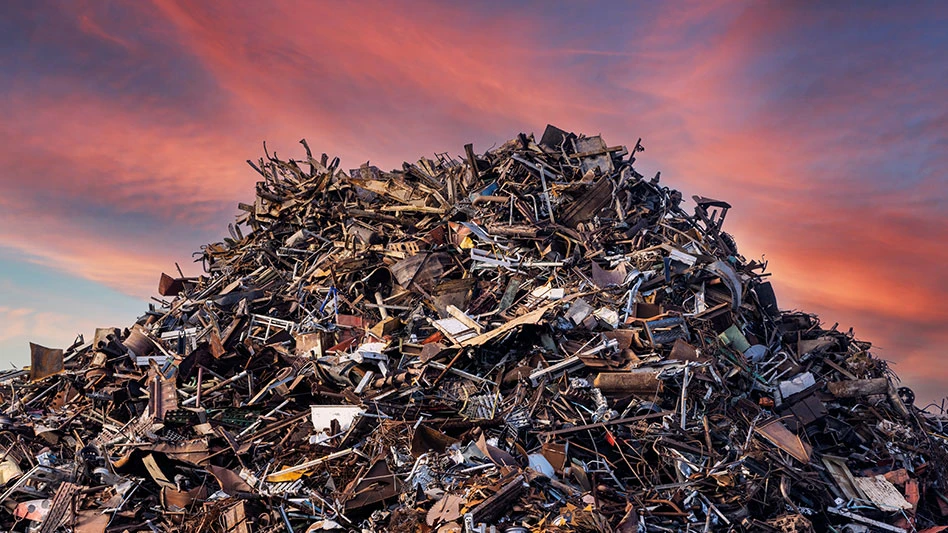
© Jonas Marcos San Luis - Dreamstime.com
BASF Canada, a subsidiary of BASF SE and an affiliate of BASF Corp. that’s headquartered in Mississauga, Ontario, has launched a pilot platform in the province of British Columbia that aims to enable better sorting, traceability and transparency of recycled plastics throughout the value chain. According to the company, reciChain, the pilot project platform, “will introduce a more sustainable alternative to the linear economic model, reducing plastic waste, maximizing its value and enhancing resource efficiency.”
Canada disposed of nearly 3.3 million tons of plastic scrap in 2016, according to a report produced by Deloitte for Environment and Climate Change Canada. Of these plastics, less than 11 percent were recycled, meaning the rest was landfilled or lost to the environment.
“There is a clear global challenge around the economics of recycling plastic,” says Marcelo Lu, president of BASF Canada. “Much of the collection and sorting activities are challenged by manual processes and material contamination. Additionally, traceability is a concern as new commitments start to emerge from brand owners and retailers. With reciChain, our goal is to revitalize the value of plastics and significantly improve circularity in the supply chain.”
The reciChain platform combines the power of blockchain with a digital badge and loop count technology that enables the secured sharing of data among market participants, while improving the sorting, tracing and monitoring of plastics throughout the value chain. According to a news release from BASF Canada, the result is “a more competitive circular supply chain rather than a linear one, extending the life cycle of plastics.” The platform can also provide better assurance to brand owners of the validity of the certificates they purchase from recyclers and converters.
Initially piloted by BASF in Brazil, the idea for reciChain came from a need in that market to deal with social inequality issues as well as regulatory concerns around issuing recycling certificates. Given its ability to tokenize the recycling value of plastics, the platform enables a fairer distribution of value added along the supply chain, even to cooperatives, which traditionally generate lower returns compared with other businesses. Also, the improved transparency from the material flow in the platform provides better compliance with recycling documentation. The project has already secured participation of some large Brazilian key players and will continue to be developed in Parallel with the Canadian pilot project.
The company reports that Deloitte is acting as a strategic advisor for the pilot project in British Columbia. The team is currently validating the pilot project’s value in the local supply chain with the goal of expanding it to a nationwide solution to improve recycling and recovery of plastics in Canada.
“A successful implementation of reciChain will result in a collaborative digital consortium that will bring together plastic manufacturers, suppliers, government entities, retailers, waste collectors and recyclers aimed at keeping the life of plastic molecules circular,” adds Anthony DiPrinzio, head of BASF Blockchain Lab. “Leveraging blockchain technology, we can work together to ensure our products deliver back to the value chain and contribute to a circular economy.”
Get curated news on YOUR industry.
Enter your email to receive our newsletters.
Latest from Recycling Today
- Republic Services, Blue Polymers open Indianapolis recycling complex
- Altilium produces EV battery cells using recycled materials
- Brightmark enters subsidiaries of Indiana recycling facility into Chapter 11
- Freepoint Eco-Systems receives $50M loan for plastics recycling facility
- PET thermoform recycling the focus of new NAPCOR white paper
- Steel Dynamics cites favorable conditions in Q1
- Hydro starts up construction in Spain
- Green Cubes unveils forklift battery line





